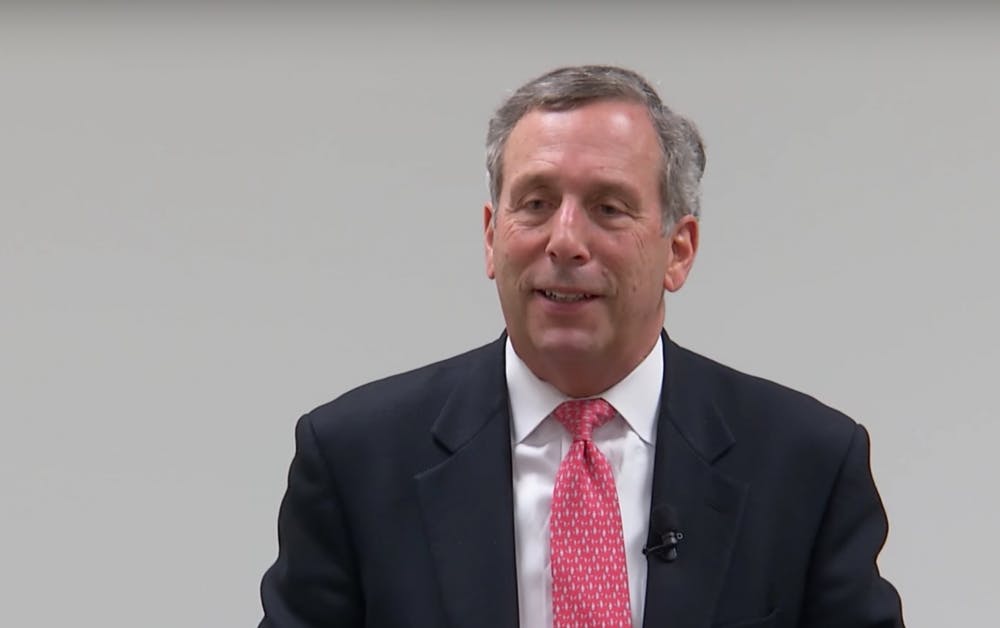Lawrence S. Bacow, a longtime leader in American higher education, will be Harvard University's 29th president, according to an announcement Sunday. He will replace the university’s first female president, Drew Gilpin Faust, who will be stepping down after 11 years, effective July 1, 2018.
“Larry Bacow is one of the most accomplished, admired, insightful, and effective leaders in American higher education,” said William F. Lee, senior fellow of the Harvard Corporation and chair of Harvard’s presidential search committee.
According to the New York Times, Bacow is “better known as a manager and institutional leader than as a scholar,” and the decision to elect him as president “reflects Harvard’s need for a steady hand at a time when the university must navigate the difficulties of dealing with the Trump administration’s antagonism toward elite universities like Harvard with large endowments.”
Bacow now serves as the Hauser Leader-in-Residence at the Harvard Kennedy School of Government’s Center for Public Leadership. Prior to his work at Harvard, Bacow was the president of Tufts University for 10 years until July 2011. Before that, Bacow served as the chancellor, chair of the faculty, and a professor of environmental studies at Masschusetts Institute of Technology for 24 years.
Like Penn and many other universities, Harvard is facing a new 1.4 percent excise tax on the investment returns of university endowments. According to Harvard administrators, the university could pay up to $43 million a year, reducing resources for students and research.
Furthermore, Harvard also is currently in the middle of an investigation led by the U.S. Justice Department that focuses on the university’s affirmative action policies and whether it discriminates against Asian-American applicants.
The Harvard announcement highlighted Bacow’s work as a “prominent advocate of student access and opportunity,” his embrace of diversity and inclusion, as well as his efforts to create interdisciplinary connections within and across Tuft’s eight schools.
RELATED:
The CFO of Wharton will become the new president of Cleveland State University
Harvard's Varsity Club distributes biography on Penn student Madison Holleran to all athletes



